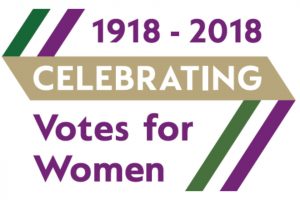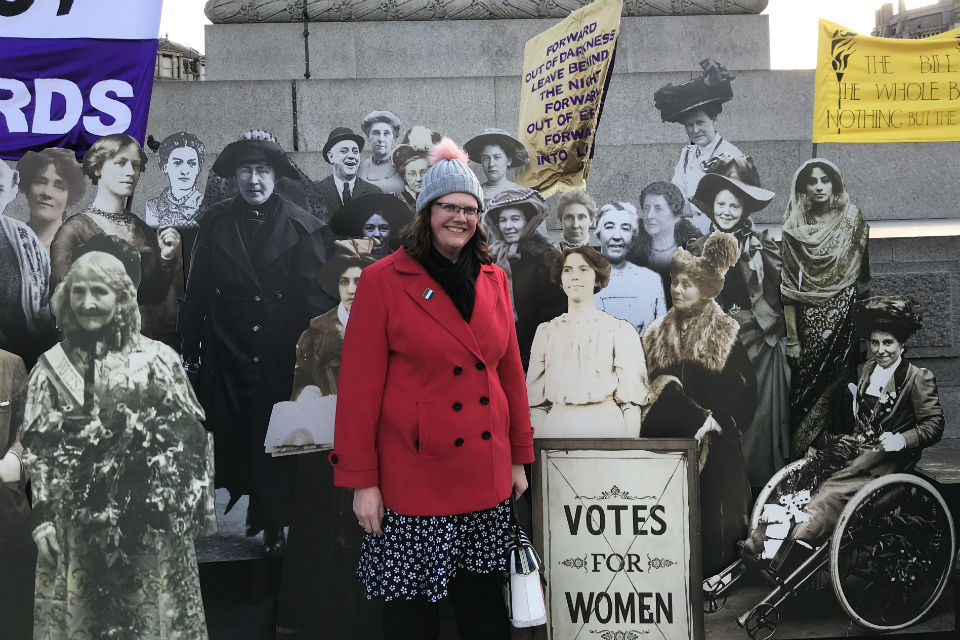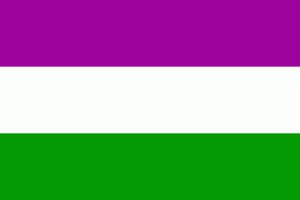
This week we mark 100 years since the Representation of the People Act 1918. This Act gave women over 30 who owned property the right to vote, and it opened the door to full suffrage in 1928.
To commemorate this important moment, the Government Equalities Office is leading a programme, led by Helen Anderson. It will:
- Celebrate: to increase national awareness and mark 100 years since women got the right to vote
- Educate: to increase young people's knowledge of UK democracy and its importance, and increase their democratic participation
- Participate: aspiring to achieve gender parity in local and national politics by the centenary of the Equal Franchise Act in 2028
 As part of the celebrations, I’m leading a working group within the Government Equalities Office programme to showcase women in public life over the last 100 years. I am working with a great group of volunteers, gender champions and the Cross Government Women’s Network. I’m especially enjoying hearing stories about suffragists and suffragettes, such as Annie Kenney, Alice Hawkins and Mary Barnes.
As part of the celebrations, I’m leading a working group within the Government Equalities Office programme to showcase women in public life over the last 100 years. I am working with a great group of volunteers, gender champions and the Cross Government Women’s Network. I’m especially enjoying hearing stories about suffragists and suffragettes, such as Annie Kenney, Alice Hawkins and Mary Barnes.
The sheer scale of the suffrage movement astounds me, so the working group was adamant that our work will reach as many government departments and agencies as possible during the year.

Within the Civil Service, our celebrations start with a launch event focusing on past, present and future. Current permanent secretaries, past female permanent secretaries, gender champions and aspiring female leaders will hear stories of the suffrage campaign, the history of women in the Civil Service, gender representation today and our hopes for the future.
For example, there will be more focus on intersectionality. We will be highlighting the diverse contributions and the important roles played within the Civil Service by women from ethnic minorities, lesbian, bisexual and transgender women, and women of every age, religion, faith, belief or non-belief.
Suffrage Flag Relay

Our Suffrage Flag Relay will start its journey from our launch event and travel around the UK to departments and agencies across government. When organisations host the flag, they will also be hosting wider events and discussions on gender equality – including the returners programmes, gender pay gap and gender stereotypical language in the workplace.
In parallel, the Foreign and Commonwealth Office (FCO) and Department for International Development (DFID) are organising a global suffrage flag relay. This has already started, and has so far travelled to South Africa and Nigeria.
Gender champions and employee networks are working together to host a vast range of local events throughout the year. These include ‘EqualiTeas’, a ‘living museum’, talks by suffrage speakers, panel discussions and history walks.
You can follow @XgovCentenary on Twitter for all of the latest news and events happening in departments and agencies. They will be sharing relay pictures from @SuffrageFlag using the hashtag #SuffrageFlagRelay.
The centenary year activities will culminate on 13 December 2018, the eve of the 100th anniversary of the first Parliamentary vote to include women.

11 comments
Comment by Keela Shackell-smith posted on
Hello Roy,
Thank you for highlighting the fact that the Representation of the People Act meant all men could vote from 1918. This is explained in our events, as well as talking about the impact of the war on the vote being given to all men and some women, and we share the stats you mention.
Comment by Keela Shackell-smith posted on
Hello Helen,
At our launch event we used the banner colours of the National Union of Women's Suffrage Societies (NUWSS) (green, white and red) as well as sharing information on the variety of colours used in the many suffrage societies. We also talked about suffragettes, suffragists, WSPU, NUWSS, and the Women's Freedom League, for example. The Civil Service Suffrage Society banner colours were blue and gold.
Comment by Keela Shackell-smith posted on
Hello Tracy, the flag is indeed in Yorkshire for a couple of weeks later in the year. If you message us via our twitter handle @SuffrageFlag, we can let you know the relay locations.
Comment by Keela Shackell-smith posted on
Hi June, is it. Where are you based? If you are on twitter, please contact us via @SuffrageFlag and we can share the location details.
Comment by Keela Shackell-smith posted on
Hello Caroline, Are you on twitter? If you could message us at @SuffrageFlag, we can then email you the details of the relay locations around the UK.
Comment by Caroline Addey posted on
Hi I have the same question as June.
Comment by June Ralph posted on
Is it possible to request a visit of the suffrage flag event to our particular government office ?
Comment by Tracy Bridgett posted on
Where can I find the full plans for the relay. I want to know when it will be coming to Yorkshire
Comment by Helen Howell posted on
The suffrage flag that you show has the colours of the Women's Social and Political Union, the militant suffragettes. Please don't forget the thousands of non- militant suffragists who fought a peaceful and democratic fight to secure the votes for women. Their colours were red white and green, and seem to be mostly forgotten.
Comment by Patricia Greenland posted on
I quite agree Roy, the white British male is a large part of of the population and also very diverse in all walks of life, but the media in particular seem intent on demonising them. in fact 'white british male' seems to have become a derogatory term, I'm sure that is not how we see our fathers,brothers and sons etc who are just living ordinary lives and yes we should remember all those working class men who eventually got the vote and helped to change things for men and women alike.
Comment by Roy Bold posted on
The Representation of the People Act 1918 was the first to include all men over 21 years old in the political system, but women only over 30 who held £5 of property, or had husbands who did. It extended the franchise by 5.6 million men[1] and 8.4 million women
There has rightly been a real celebration of 100 years of the right of women to vote. The struggle for all forms of equality is ongoing.
There seem to be no civil service planned events to celebrate the extended male franhise that occurred within the same 2018 legislation. Over 5 million ‘working class’ men gained the vote for the first time and that was also an enormous social change.
I think it would be great if the Civil Service could celebrat the extended male franchise with equal enthusiasm and focus.
The struggle for all ‘working class’ people to achieve equal opportunity is still an ongoing issue
100 years later, even amongst men there is great inequality, those from middle or upper class backgrounds and those who receive Public School education are still far more likely to rise to positions of power.
The struggle for equality is a very complex one, but too often is presented as the quest for groups other than white british mento gain equality with those men. As a white British man I sometimes feel the current agenda is rewriting history with me as the enemy of the people. I am not, I am part of the struggle for fairness for all. Please remember to reference history accurately to reflect that. Lets celebrate the ongoing struggle of all of us who fall outside of the historic ruling class.